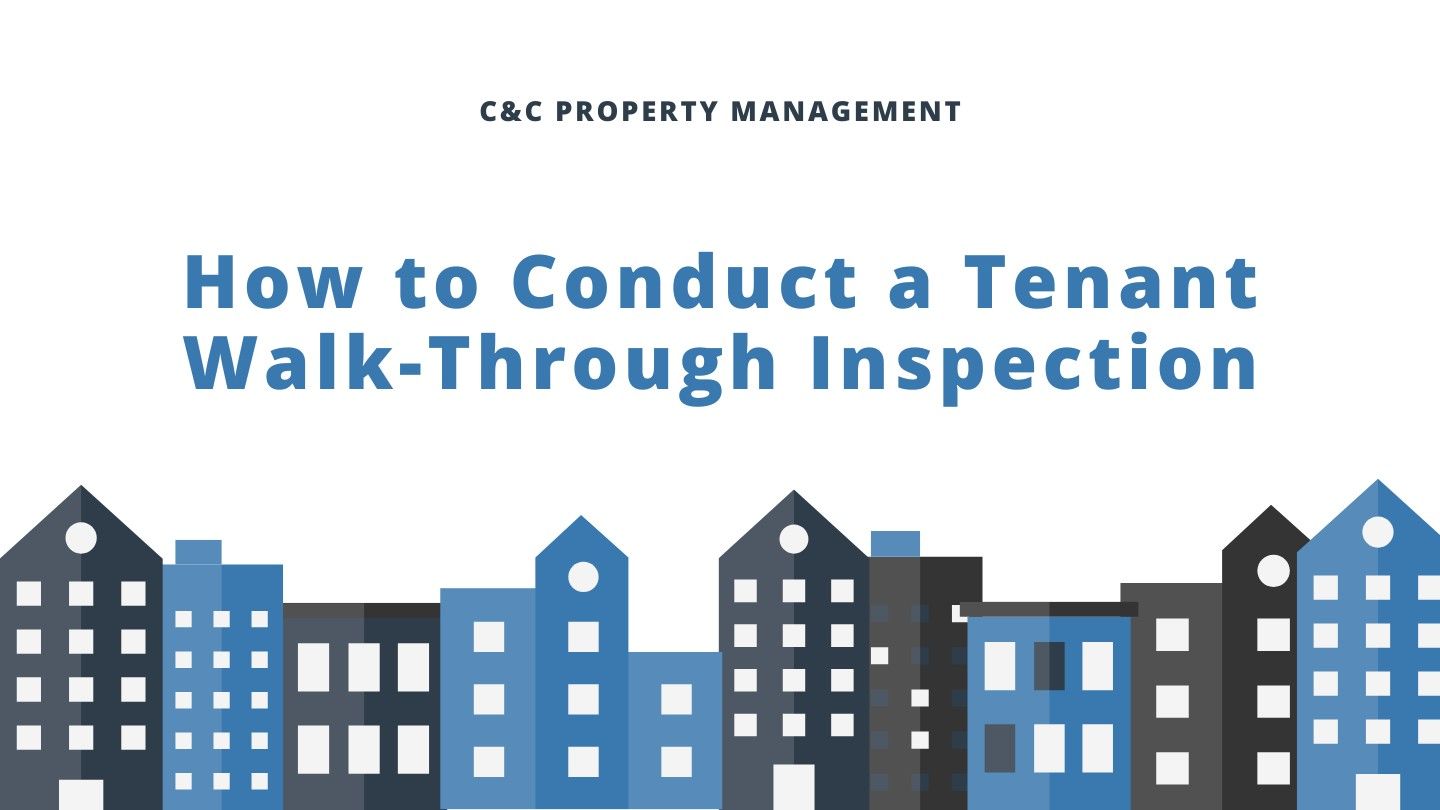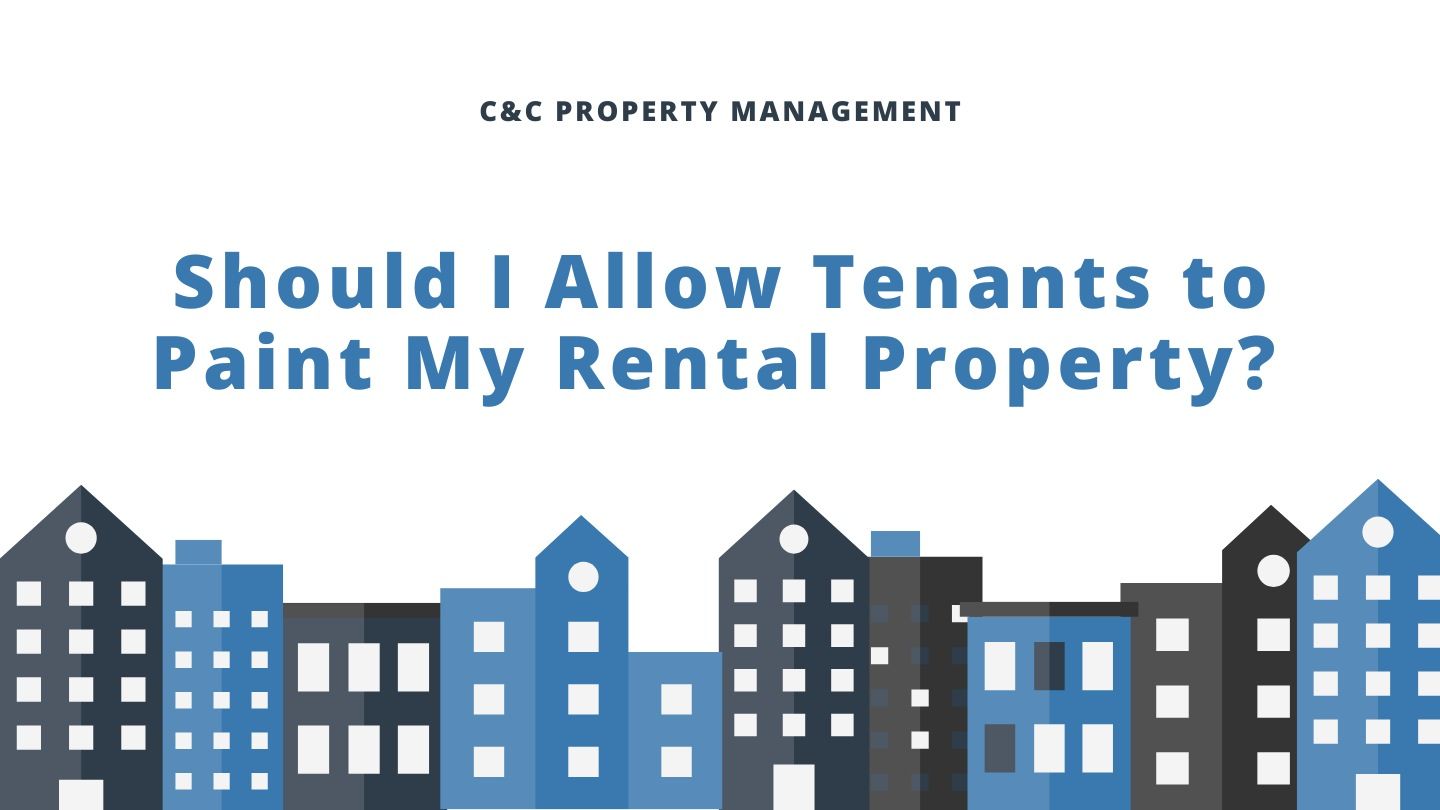Is Investing in Condos Right for You? Answers to Your Burning Questions
If you are looking to invest in real estate, condos can be an attractive choice.

Condos cost less than single-family homes and can be easier to maintain. If you are considering investing in condos, you may have some questions. This article aims to answer some of the burning questions you may have about investing in condos.
Question 1: Why Invest In Condos?
Condos are a hybrid of a house and an apartment, providing the advantages of both types of dwellings that real estate investors can buy and own outright. Many real estate investors are opting for condominiums in fast-growing real estate markets right now. Why? They are affordable, low maintenance, and might provide nice perks like shared pools and fitness centers.
Question 2: Do Condos Appreciate?
Condo values can appreciate, but this largely depends on certain factors. These include the location, current market conditions, and the overall desirability of the property. Generally, real estate tends to appreciate over time due to population growth, limited supply, and high demand. However, some areas or markets may experience a decline in real estate values. This could be due to economic downturns, an oversupply of properties, and more. Condos in popular neighborhoods with good schools, shopping, and transportation options tend to appreciate faster than those in less desirable areas.
Question 3: How Do You Calculate ROI on a Condo?
To calculate the return on investment (ROI) for a condo rental, an investor can follow these steps:
- Calculate the rental income: Determine the monthly rent you can expect to receive from the condo. This can be based on the rental rates for comparable properties in the area.
- Determine the operating expenses: Calculate the monthly operating expenses for the condo, including property taxes, insurance, maintenance, and any association fees.
- Subtract the operating expenses from the rental income: Subtract the total monthly operating expenses from the monthly rental income to determine the net rental income.
- Calculate the annual net rental income: Multiply the monthly net rental income by 12 to determine the annual net rental income.
- Determine the initial investment: Calculate the total amount of money you have invested in the property, including the down payment, closing costs, and any repairs or renovations.
- Calculate the ROI: Divide the annual net rental income by the total amount of money invested in the property. Multiply this figure by 100 to calculate the ROI as a percentage.
Question 4: What Financing Options Exist For Condos?
Real estate investors who want to invest in condos can consider several financing options, including hard money loans, DSCR rental loans, conventional mortgage loans, FHA loans, portfolio loans, and cash. Ultimately, the best financing option will depend on your financial situation, goals, and creditworthiness.
In conclusion, condos can be an excellent investment option for those who want to invest in real estate. However, as with any investment, it’s essential to do your research, weigh the pros and cons, and seek expert advice before taking the plunge.








